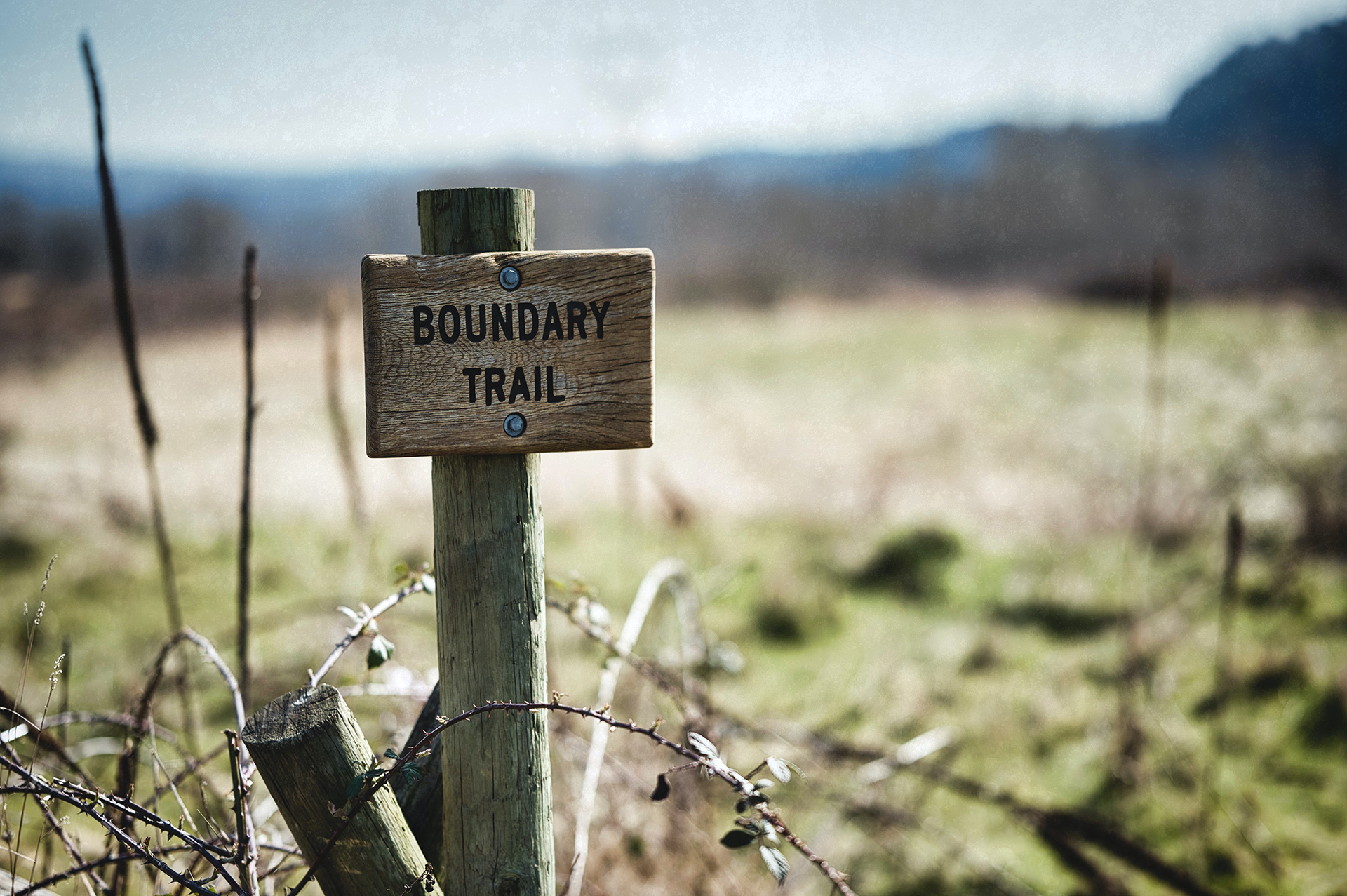Everybody who knows me would tell you that the word ‘boundaries’ is a well-used word in my vocabulary and a concept I value extremely highly. Being a nursing professional means that you need a strong sense of ethics and confidentiality. Being an OH nursing professional means that you need a precise understanding of appropriate boundaries, ethically, professionally and in terms of process. I sometimes need to say ‘No’, to clients or to management. To do this, I need to fully understand the role I have in supporting good health at work. Sometimes that is not what people expect it to be and sometimes attempts are made to make OH professionals feel that we are unfeeling to preserve our boundaries in the face of others’ perceived needs.
Without strong boundaries, I would have struggled at work, in terms of workload and mental health. It doesn’t take much reflection for me to know that I would have done the same in my personal life. I wasn’t born knowing what my boundaries are. I had to go through the pain and mistakes of not asserting boundaries, emphasising boundaries too strongly, and ignoring my emotions when I gave into others and relaxed my boundaries.
In order to know your boundaries and to be able to preserve them, you need to give some considerable thought to what you think and believe and determine what your values are. You need to know yourself. You need to know what you don’t want. Inherently, you need to define how much you do things simply to please others, because you want to be liked above all else, even when doing so means you are consistently not being yourself and therefore unhappy. It doesn’t mean you have to be angry or rude. Sometimes you have to develop skills in being assertive, practice using them before you become proficient. When you assert your needs, you do it from a place where you believe that it is okay for you not to go along with what is requested or required of you without there being a fear that you will be judged badly for your actions. It is not selfish to prioritise our needs
There is a great quote in one of the YouTube videos below: ‘Whatever you are prepared to put up with is exactly what you will have’ (Anonymous). If you do not have boundaries and do not assert your needs, that is where you will be. Believing in and practising appropriate boundaries in your life is probably the biggest step you can make to achieve good mental and physical health and to living your authentic and best life.
‘The power of no: how to build strong, healthy boundaries’ by Eleanor Morgan on theguardian.com
‘4 Ways to Set and Keep Your Personal Boundaries’ by Mariana Bockarova on psychologytoday.com
‘The Art of Saying No: How To Set and Preserve Better Boundaries’ by Urbee Sarkar on buzztribe.news
‘Building Healthy Boundaries: 14 Different Ways to Say No’ on psychcentral.com
‘Healthy Boundaries | How to make psychological boundaries’ by Alex Hedger on dynamicyou.org
‘Saying No And Setting Boundaries Without Being Mean’ by Jeff Finley on jefflinley.org
‘Boundary Setting: Is it Worth the Cost?’ by S Lee on coragecounselling.com
‘Setting Boundaries’ – worksheet on therapistaid.com
‘How to set healthy boundaries’ by New Life Communities on YouTube
‘The #1 Obstacle to Setting Healthy Boundaries: Relationship Skills’ by Therapy in a Nutshell on YouTube
‘Boundaries in the Workplace/Easy Healthy Boundaries in the Workplace’ by Heather Evans Coaching on YouTube

